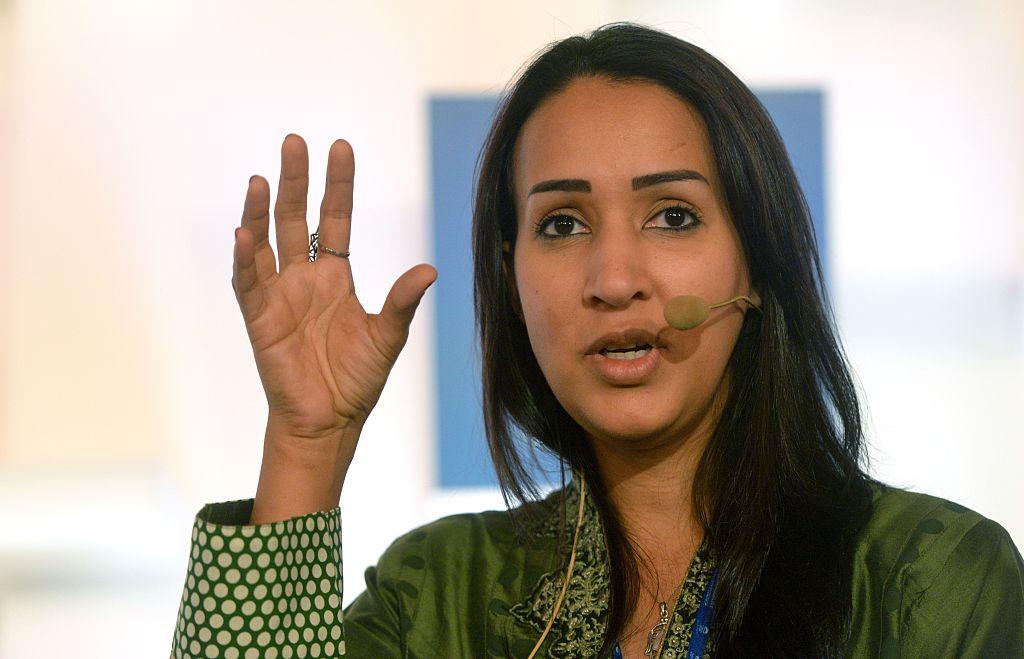Saudi activist jailed for driving says women ‘still being treated as slaves in 2017'
Manal Al-Sharif, who has moved to Australia, is now able to drive there after getting her licence

Your support helps us to tell the story
From reproductive rights to climate change to Big Tech, The Independent is on the ground when the story is developing. Whether it's investigating the financials of Elon Musk's pro-Trump PAC or producing our latest documentary, 'The A Word', which shines a light on the American women fighting for reproductive rights, we know how important it is to parse out the facts from the messaging.
At such a critical moment in US history, we need reporters on the ground. Your donation allows us to keep sending journalists to speak to both sides of the story.
The Independent is trusted by Americans across the entire political spectrum. And unlike many other quality news outlets, we choose not to lock Americans out of our reporting and analysis with paywalls. We believe quality journalism should be available to everyone, paid for by those who can afford it.
Your support makes all the difference.Manal Al-Sharif, who spent nine days in prison for flouting the ban in Saudi Arabia on women drivers, has spoken out about her ordeal.
She said that women were being “treated as slaves” to this day. Although women can hold a driver’s licence, they are not allowed to drive as they are considered “legally minors” in the country.
In her 20s, Ms Al-Sharif was a computer security engineer. She became the first Saudi female IT security consultant and worked for the oil business Saudi Aramco for a decade.
“I come from a very private society where we live in closed windows, high walls and women are covered up. It's very difficult for girls and women in Saudi Arabia to do anything without the permission from a male guardian,” she told Daily Mail Australia.
In 2011, the 38-year-old uploaded a video on YouTube of her driving on the roads of Kobar, which was viewed over 700,000 times in a single day.
She received death threats and was called mentally ill. “I was called a w**** and people accused me of corrupting Muslims... They called me all kinds of names.”
After being imprisoned, she lost custody of her son, her job and home.
Ms Al-Sharif emigrated to Sydney as a permanent resident with her second husband and youngest son. She has written a memoir called Daring To Drive, describing her experiences. She was inspired to write the book when she found out that her eldest son, Aboudi, was being beaten up at school.
The women’s rights activist recently received her Australian driver’s licence. “It was the best $300 I spent. I was so happy. It's a liberating feeling,” she said.
Al-Sharif was named by Time Magazine as one of the “100 Most Influential People in the World”. She launched the Women2Drive movement which calls on women to apply for driving licences and, when their applications are rejected, to file lawsuits.
Saudi Arabia is the only country in the world where women, both locals and foreigners are banned from driving. Although there is no legal ruling preventing females from driving, police are enforcing religious rulings.
In 2011, Shaima Jastaina was sentenced to 10 lashes for breaking the driving ban. However, this was overturned due to international condemnation.
Join our commenting forum
Join thought-provoking conversations, follow other Independent readers and see their replies
Comments